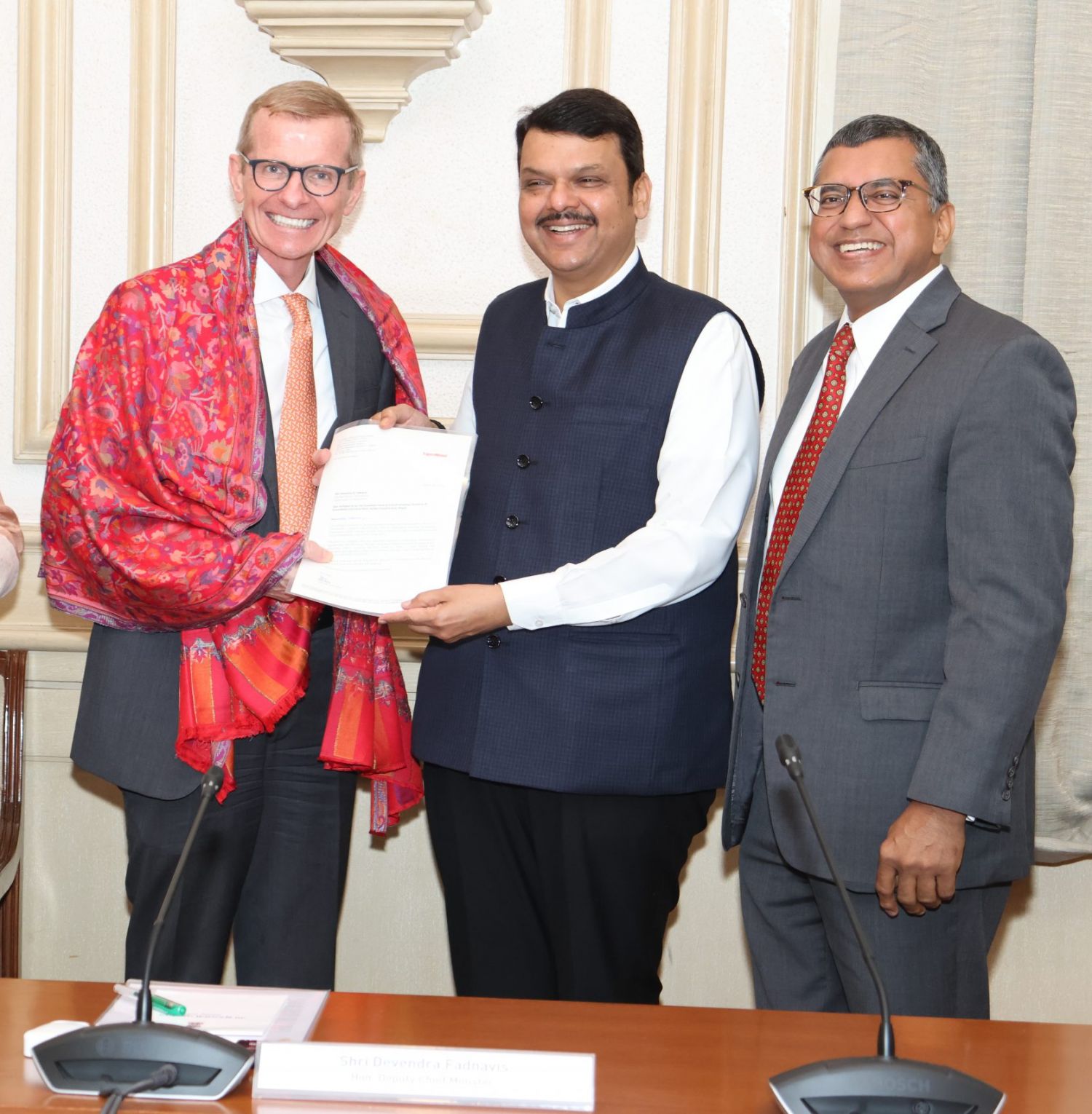Energy forms the foundation of the modern world. “Once you take a step back and look at the world, you really have a great appreciation for how energy is paramount to everything we do,” says Bargo Adibhatla, who manages ExxonMobil’s technology center in Bengaluru, which is part of the Company’s global technology and engineering organization.
Bargo majored in chemical engineering from the Indian Institute of Technology New Delhi, and then pursued a doctoral thesis funded by the US Department of Energy at the University of Houston (Texas, US). His thesis focused on helping the US become energy secure by “enhancing hydrocarbon recovery.”
“While studying tech in US, a professor guided me towards the Department of Energy, where I worked on energy security. It then led me to ExxonMobil … it was a natural calling.”
“I enjoy delving into energy—understanding what lies 10,000 feet underground—and how to reach and recover those hydrocarbons in an affordable way. It’s a puzzle like no other.”
Unlocking energy’s potential is what drives Bargo and others at the center, where some of India’s brightest technological and engineering minds come together, to develop solutions to global energy challenges.
“We like solving puzzles!” says Bargo.
The technology center in Bengaluru is where these energy puzzles are unpacked every day. One of only nine ExxonMobil technology centers around the world, it was established in 2017 with a small pool of technical talent.
Today it has more than 900 geologists and data scientists, who support nearly every ExxonMobil oil-and-gas site, from Guyana to Australia. The center also supports carbon capture and storage (CCS) projects like those in Houston and LaBarge (Wyoming).
“India offers exceptional technical talent at a scale that can be successfully leveraged to build an ecosystem where integration is easy. That’s why we chose the country as one of our technology centers,” says Bargo.
“We have a unique opportunity to deploy India’s large-scale digital skills to standardize processes from the different ExxonMobil sites leveraging AI and machine learning.”
Discover how the technology center in Bengaluru is deploying high-tech capabilities and India’s growing pool of technical talent to support ExxonMobil’s businesses across the globe.
UPSTREAM
Bargo says the center supports ExxonMobil’s oil and gas sites globally, including in Guyana, Papua New Guinea, Canada, and the Permian in the US. “Our data scientists work with digital teams in Houston (US) to develop and deploy data-driven solutions and tools that are driving transformational changes in the way our sites are operated.”
“We use data from the past—pictures, reports, even videos, and machine learning—to predict the future and improve the way we work. For example, our scientists analyzed the historical data for our Kearl oil site in Canada (jointly owned by ExxonMobil and Imperial Oil) to do a failure analysis and used the learnings to develop a data-driven tool that helped reduce downtime events.”
“Our engineers also remotely monitor the machinery used in oil and gas production, such as our two floating production storage and offloading vessels (FPSOs) in offshore Guyana. We collaborate with our onsite colleagues to develop maintenance recommendations and implementation plans for the sites.”
PRODUCT SOLUTIONS
ExxonMobil’s Product Solutions business provides the building blocks for a wide range of products, from packaging materials, automobile bumpers and synthetic rubber, to countless consumer goods, as well as our extensive range of Mobil-branded lubricants for automotive and industrial sectors, Bargo explains.
“The center’s capabilities for big-data analytics allows it to collate data from different refineries and petrochemical plants—which deliver the base stocks and raw materials for our products—to run our programs in one place, creating a central data hub.”
“This enables a consistent application of our best practices across the sites we support: we can do large-scale maintenance and predictive sales-and-marketing analytics for our refineries and petrochemicals plants using scale and integration to drive efficiencies. We also help to detect and diagnose any emerging issues so that our onsite engineers can take timely corrective actions.”
LOW CARBON SOLUTIONS
He says the center is actively helping to advance technologies for lowering emissions. It supports ExxonMobil’s Low Carbon Solutions (LCS) business in developing strategies for implementing LCS projects, as well as assessing new ways to decarbonize the company’s own sites and operations globally.
“The center supports carbon capture and storage (CCS) projects at locations like LaBarge in the US, which has captured more CO2 than any other facility in the world to date. We have the technological experience to support other upcoming CCS projects across the globe,” Bargo said.
“Additionally, we’re helping to examine the economics and strategies for implementing ExxonMobil’s decarbonization projects across the US Gulf Coast and other regions to realize broad-scale deployment of low-carbon solutions. For example, we’re helping to develop strategies for scaling up hydrogen in the US and beyond, advancing the ways ExxonMobil can bring more hydrogen to the world.“
“I’m proud to see our technology center—one of ExxonMobil’s youngest—playing a key role in developing technologies, skills and capabilities that are helping to drive low-carbon solutions for the future,” adds Bargo.
“As we develop global solutions and venture deeper into low-carbon technologies, ExxonMobil’s future—and that of technology centers such as ours—is really bright!”



